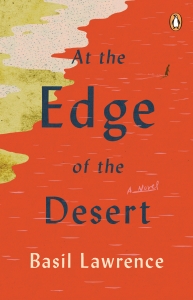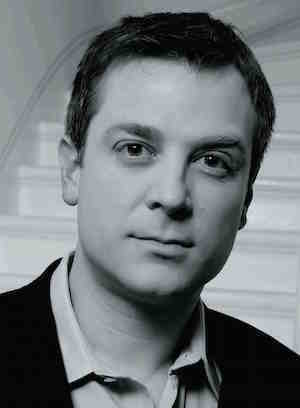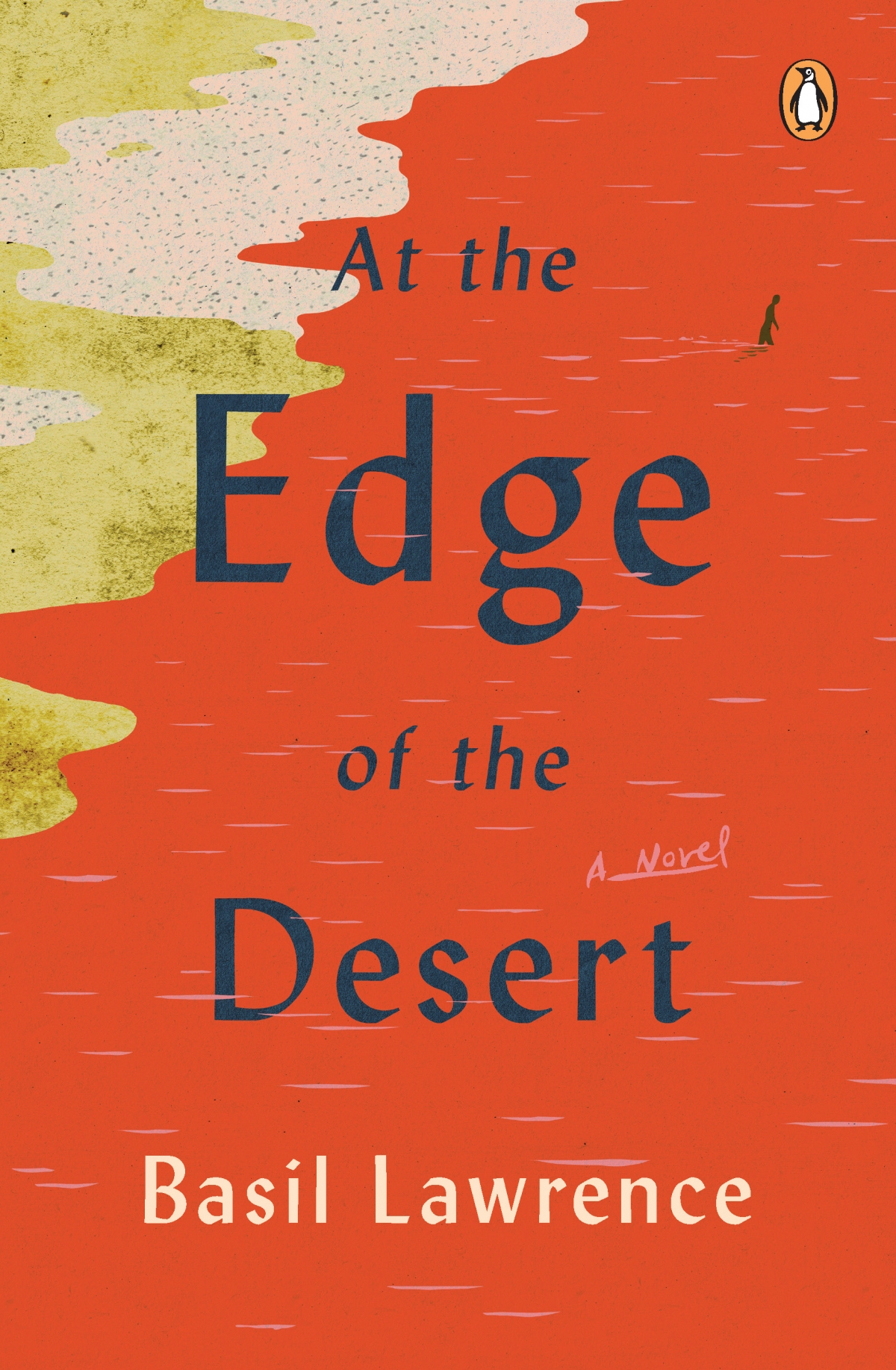
For most of his adult life he has known that Namibia had once been a German colony, writes author Basil Lawrence. Yet only when he began researching his book At the Edge of the Desert did he begin to grasp what this meant for Namibia’s colonised people.
My most startling discovery was that in 1904 the German army suffered what I can only describe as a self-righteous psychotic break when they set about slaughtering the Ovaherero, Nama and Bushmen people in order to suppress them. The extermination lasted four years – it was one of 20th century’s first genocides.
To begin with the German military executed every male they captured, and drove women and children into the desert to starve. Soldiers staked-out watering holes to shoot anyone attempting to allay their thirst. Later the Germans would imprison survivors in concentration camps.
Lüderitz’s Shark Island, in southern Namibia, was home to the colony’s worst, a death camp. Situated on rocky land, it afforded its inmates no protection from the icy Atlantic while working them as slave labour. (Missionary reports suggest that up to 80% of Shark Island’s prisoners died.) And even as corpses, the dead prisoners continued serving the colonising state when their skulls were sent to German institutions for study by race scientists who were preparing a solid base on which the Nazi Holocaust was to be built. It was all unforgivably horrific.
I spent a lot of time thinking about how a Herero descendant might go about describing this experience in a way that respected the atrocity’s victims, and which would compel my present-day narrator to confront this part of Namibia’s history. But how to write it?
As it happened, a good friend of mine, who’d once taught English to women in Alexandra township, had told me how she’d encouraged her students to create posters setting out their dreams and goals. At the time she’d asked me what I’d put on my own poster, and I listed aspirations like being a writer and living overseas. By contrast, her students tended to speak about their futures in terms of their community: one day we’ll get water, all of our children will go to school and university.
This recollection helped me give voice to an account of the Namibian genocide that appears in my novel. And the more I thought about it, the more I realised that sacred language also uses first-person plural pronouns. After all, ‘The Our Father’ prayer contains the words our and us and we, as do parts of the Haggadah read aloud at the Seder table. All of which helped my character embody her ancestor’s memories as if they were her own – as if the past traumas had happened to her.
This contrasted with other characters in my story who’re incapable of acknowledging the dark or traumatic events in their lives. People who bury the bad stuff deep within themselves, or those who must expel past experiences from their bodies. One such group is my gang whose members tattoo their bodies as a way of expressing their unspeakable histories. Freud tells us that tattoos might be a way of externalizing internal traumas, which helped me consider how my gangs might by attempting to come to terms with their pasts. Personal histories that marked them just as Namibia’s marked its land. The more difficult the history, the more complicated the inscription. With time these inscriptions might be overwritten, hidden from view, but never forgotten.

And struggling to make sense of these spoken and unspoken atrocities is my narrator, Henry van Wyk, who, when we meet him, cannot come to terms with his own past. As a documentary filmmaker he occupies a strange position: he’s a silent, dispassionate observer who gives voice to people who might otherwise never be heard. But as he will discover, he’s as much a part of their stories as they are of his.
Basil Lawrence won the Amstel Playwright of the Year Award for Modern Eating Habits. His first novel, Henry First: A Story of Excess, was published in 2014. He read English at the University of the Witwatersrand, and holds a master’s degree in creative writing from Birkbeck, University of London. He lives in London. www.basillawrence.com
_________________________________________________________________________________________________








